
In this article, I will present and explain a map of the vowel system specifically created to guide the general English language learner. The map is designed with three main aims in mind:
- To provide useful insights for the learner.
- To support memorable and effective classroom activities.
- To be relevant in an international context by being flexible enough to deal with accent variation.


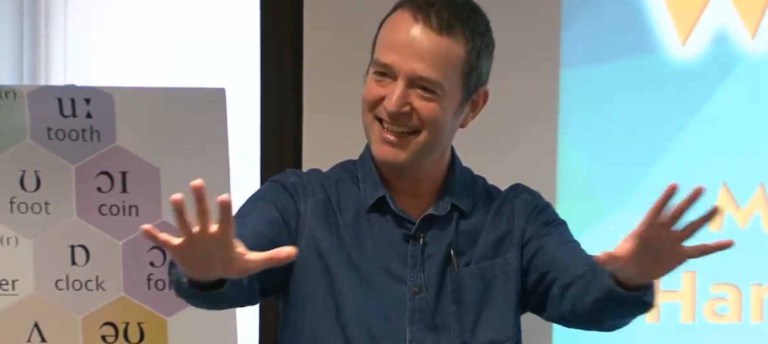
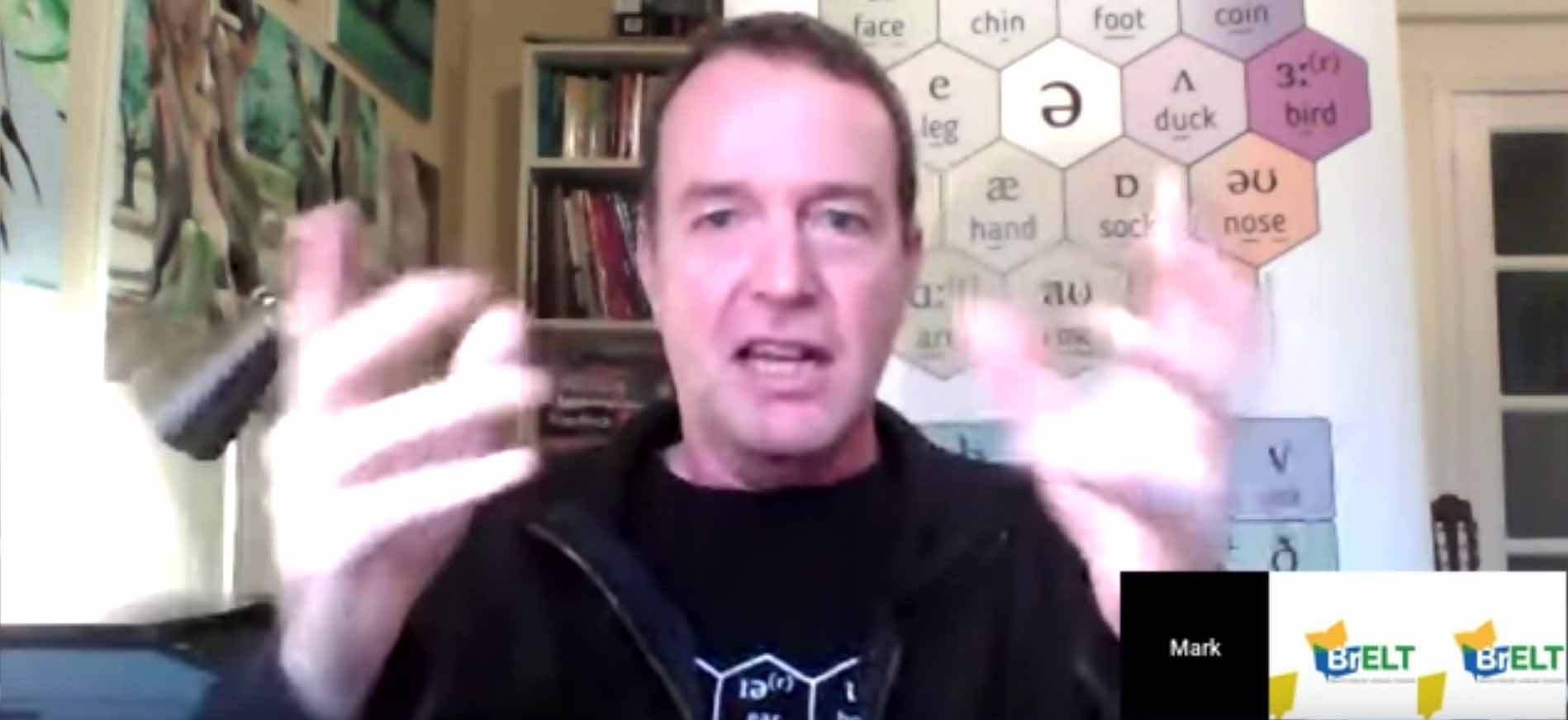
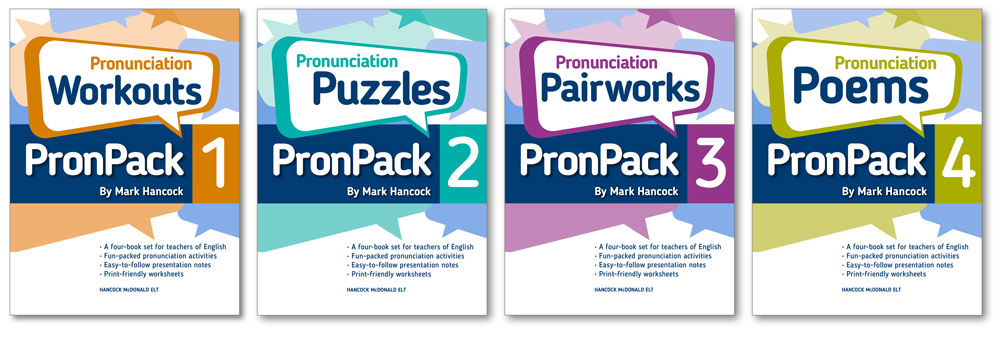
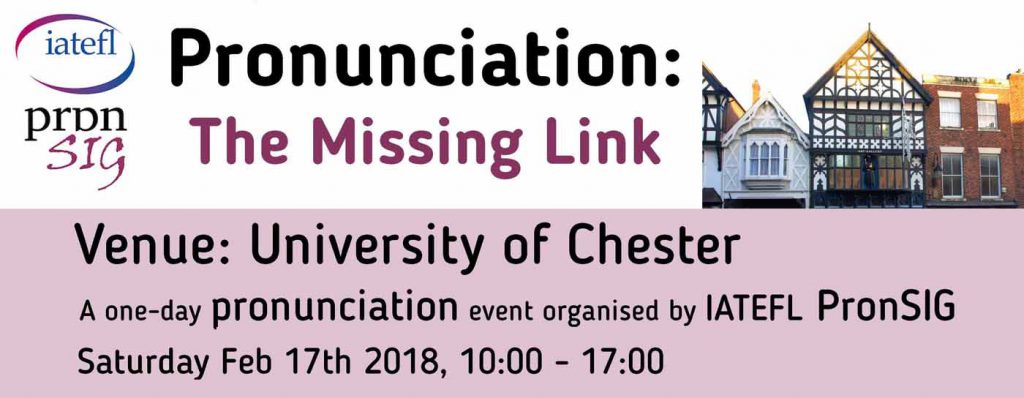
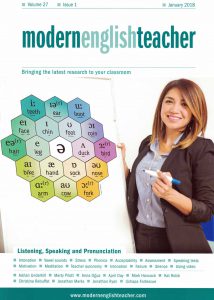
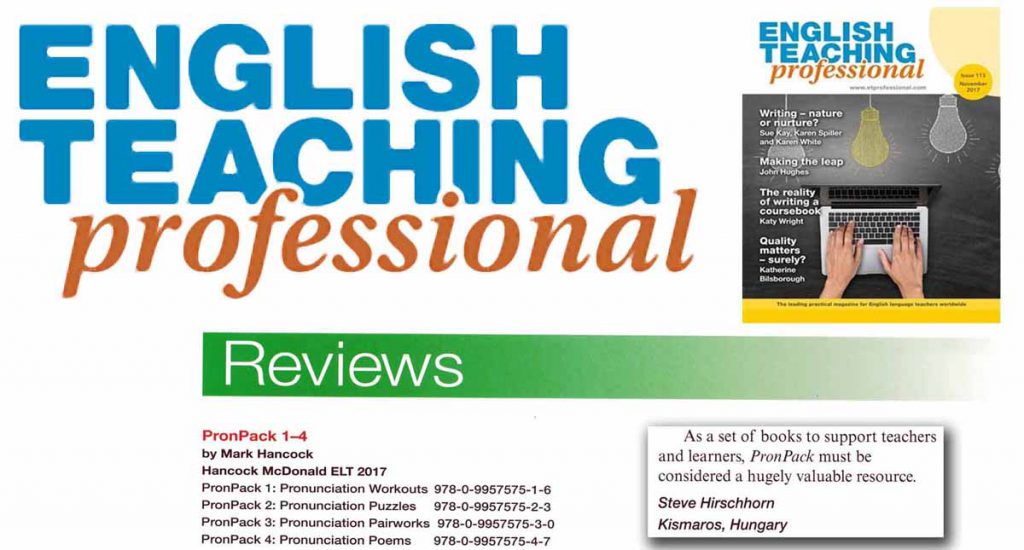
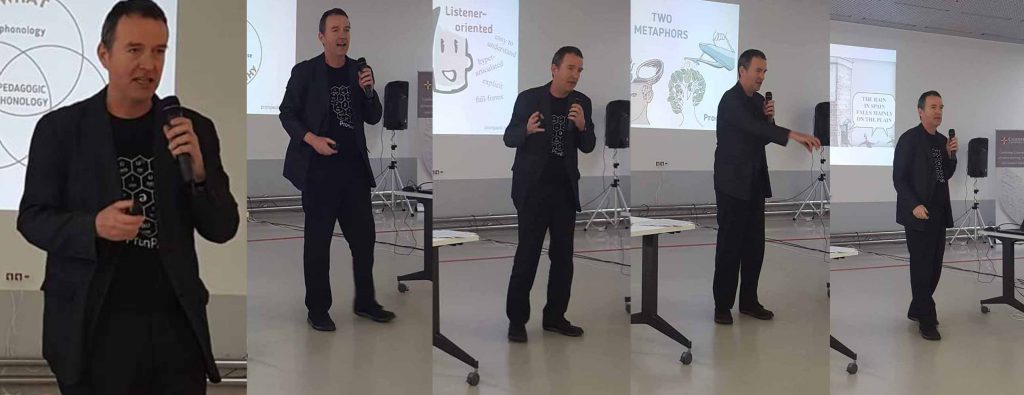
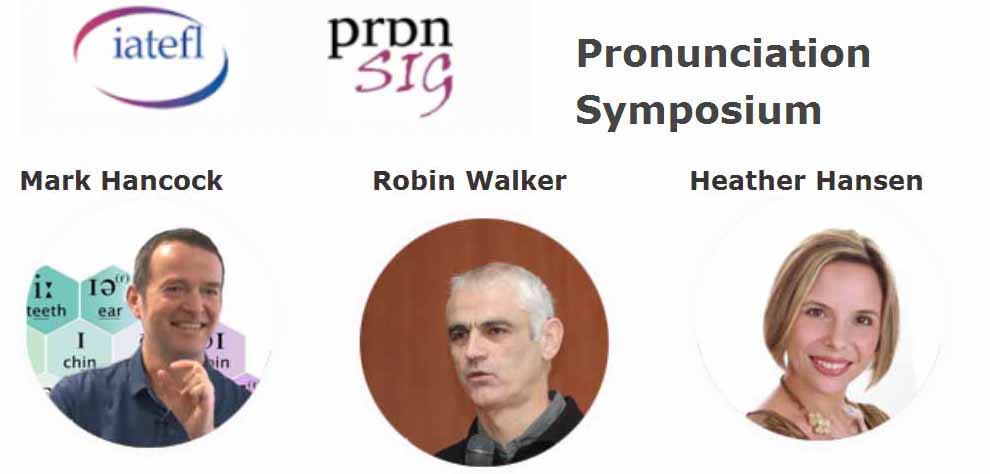
 Mark Hancock at TESOL Italy, Rome, Nov 17th 14:00
Mark Hancock at TESOL Italy, Rome, Nov 17th 14:00